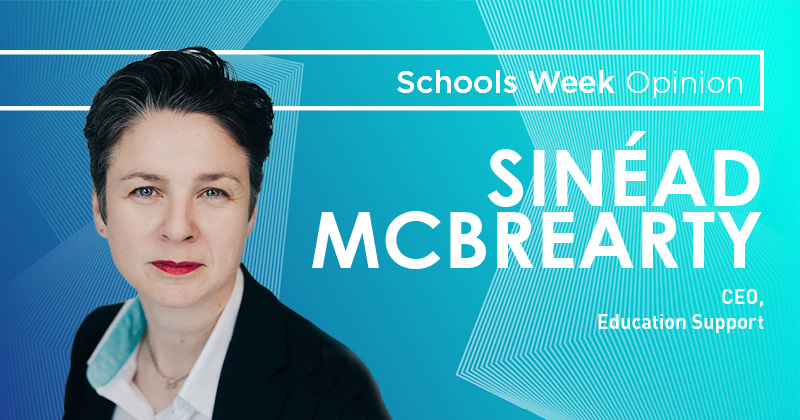The report of Ofsted’s colloquially-termed ‘Big Listen’ consultation is expected to be published early next week. But while we’re all keen to see the result, it’s fair to say the profession awaits the report with cynicism rather than enthusiasm – and rightly so.
After all, as it was being launched, Sir Martyn Oliver described Ofsted as being generally fit for purpose, if in need of improvement. The consultation itself began by stating clearly and unequivocally that “most people agree that we play a vital role in holding to account those responsible for educating children and learners, keeping them safe and improving their lives”.
Ofsted offered no evidence for that assertion. Instead, it conflated the commonly-held view that accountability is necessary with the idea that Ofsted itself (rather than inspection per se) is vital in delivering it. This is far from a self-evident proposition.
Given this background, what can we really expect from the report? For a start, it is very unlikely (if not altogether impossible) that Ofsted will be found unfit for purpose. That issue was never raised as part of the consultation.
It is equally unlikely that Ofsted will be found to require major improvement. That judgment was not raised either. And yet, our own Alternative Big Listen survey showed unequivocally that it is.
More concerningly perhaps, respondents are likely to have signalled their agreement with the principle of inspection and of Ofsted’s broad objectives, simply because of the way the questions were framed.
Who wouldn’t want clear judgments about the quality of a school, how it is fostering positive behaviours, whether it is keeping children safe, and so on? The first ten questions in Ofsted’s Big Listen guided responses that way.
The credibility of Ofsted and its leadership is at stake
But wanting clear judgments is not the same as agreeing that that Ofsted actually delivers them, or indeed should be the organisation to do so. Unlike our own survey, this was not raised by Ofsted’s consultation, so how can its report possibly comment on it with any authority?
The same goes with the questions posed by Ofsted in relation to its inspection practice. Virtually all respondents were bound to regard issues of consistency, context, and the length and notification of inspections as vital. But the consultation didn’t set out to learn whether those issues are being adequately addressed by the current inspection regime.
That leaves Ofsted effectively unable to comment with any conviction. In contrast, we asking these very questions to over 1,300 school-based respondents for the Alternative Big Listen, and we can offer a reasonably convincing judgment.
For example, only three per cent of our respondents think Ofsted inspections are carried out in a consistent way from place to place or across the same phases of education. Only four per cent believe Ofsted sufficiently considers the context of the school’s local area when making its judgments. And only 21 per cent think inspections are long enough to make accurate judgments.
One other aspect of Ofsted’s consultation that will be telling is the section on impact. Here, both surveys used the same format and questions, revealing two of our starkest findings. Only 11 per cent of our school respondents agreed that Ofsted holds schools properly to account for quality of education, and only 37 per cent agreed that the same applied to keeping children safe.
Will Ofsted’s final report dare to publish their own detailed evidence and findings on these two key issues? Will it consider or even make reference to the findings of the Alternative Big Listen?
The Big Listen ought to acknowledge the need and widespread desire for fundamental reform, but it almost certainly won’t. Nor will it support a moratorium on routine inspections while the inspection regime is reconfigured.
The jury is out until next week. The credibility of Ofsted and its leadership is at stake.











